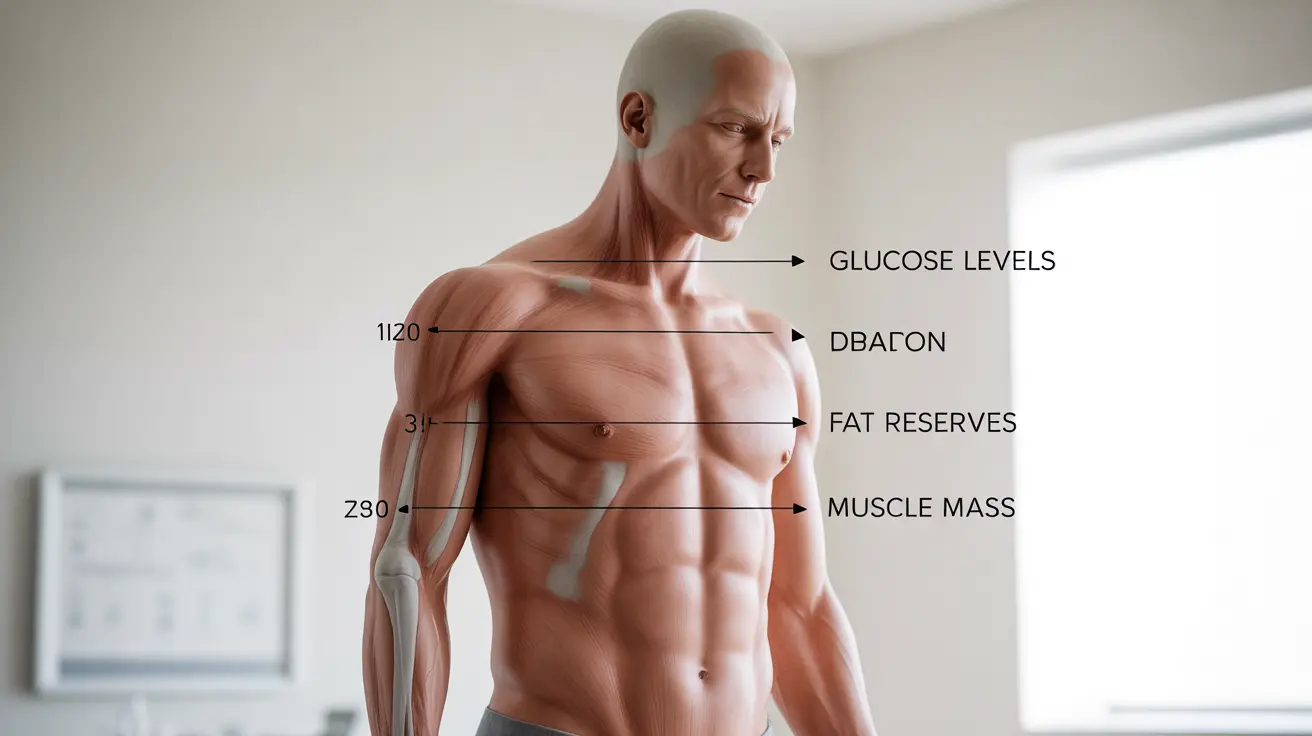The human body's resilience in the face of food deprivation is remarkable, yet understanding how long someone can survive without food is crucial for medical professionals and public health awareness. While the body can endure several weeks without food under specific conditions, the duration varies significantly based on individual factors and circumstances.
This comprehensive guide explores the limits of human survival without food, the body's response to starvation, and the critical factors that influence survival time. Understanding these aspects is essential for medical knowledge and appreciating the importance of proper nutrition.
The Timeline of Survival Without Food
When deprived of food but with access to water, most healthy adults can survive between 30 to 70 days. However, this duration isn't universal and depends heavily on various individual factors. During this period, the body undergoes several physiological changes to preserve life as long as possible.
Initial Phase (Days 1-3)
During the first few days without food, the body primarily uses stored glucose and glycogen for energy. This phase is characterized by:
- Hunger pangs and irritability
- Decreased energy levels
- Initial drops in blood sugar
- Headaches and difficulty concentrating
Intermediate Phase (Days 4-14)
As glycogen stores deplete, the body transitions to breaking down fats and proteins:
- Ketosis begins as the primary energy source shifts
- Significant muscle mass reduction
- Decreased metabolic rate
- Weakened immune system responses
Advanced Starvation (Beyond 2 Weeks)
In prolonged starvation, severe physiological changes occur:
- Organ function deterioration
- Severe muscle wasting
- Cognitive impairment
- Risk of permanent organ damage
- Critical electrolyte imbalances
Critical Factors Affecting Survival Time
Several key factors influence how long an individual can survive without food:
Initial Health Status
A person's starting health condition significantly impacts survival time:
- Body fat percentage
- Muscle mass
- Presence of underlying medical conditions
- Overall metabolic health
Environmental Conditions
External factors play a crucial role:
- Temperature exposure
- Physical activity levels
- Access to clean water
- Shelter availability
Hydration Status
Water intake is crucial for survival during food deprivation:
- Proper hydration can extend survival time
- Dehydration significantly reduces survival chances
- Electrolyte balance becomes critical
Health Impacts of Extended Food Deprivation
Prolonged food deprivation leads to severe health consequences:
- Cardiovascular complications
- Permanent organ damage
- Cognitive impairment
- Immune system suppression
- Increased risk of infections
- Potential long-term metabolic changes
Frequently Asked Questions
How long can a person survive without food but with access to water?
A healthy person with access to water can typically survive between 30 to 70 days without food, though this varies significantly based on individual factors such as initial body composition and overall health status.
What factors affect how long someone can go without eating?
Key factors include initial body fat percentage, muscle mass, metabolic rate, overall health condition, environmental conditions, activity level, and access to water. Pre-existing medical conditions can significantly impact survival time.
What happens to the body during prolonged starvation?
The body progresses through several stages, beginning with glycogen depletion, followed by fat breakdown, and eventually protein catabolism. This leads to organ dysfunction, muscle wasting, and potential permanent damage to vital systems.
Can drinking water extend survival time during food deprivation?
Yes, adequate water intake is crucial for extending survival time during food deprivation. Proper hydration helps maintain essential bodily functions and can significantly increase the duration someone can survive without food.
What are the risks and health impacts of not eating for several weeks?
Extended food deprivation can cause severe health complications including organ failure, immune system compromise, cognitive decline, cardiovascular problems, and potentially permanent metabolic changes. The risk of death increases significantly as starvation progresses.




